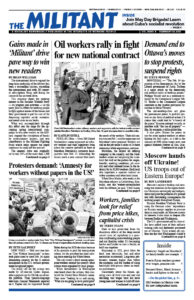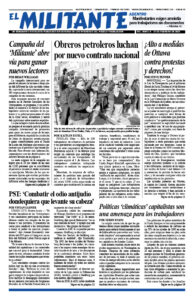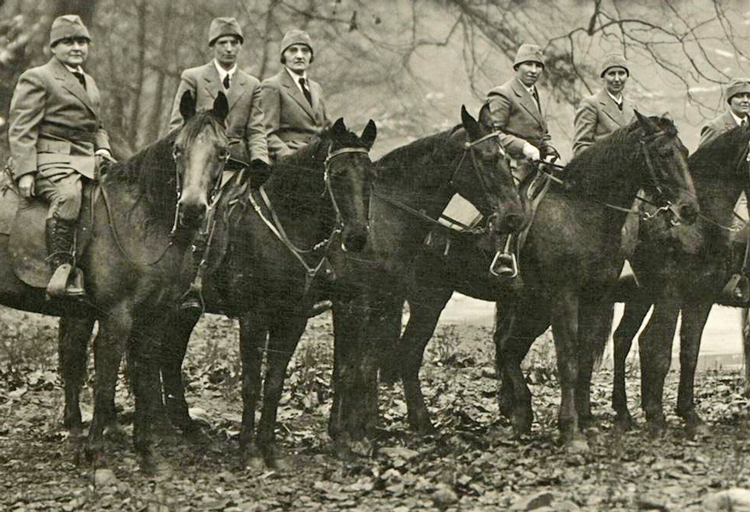“Angels on Horseback: Midwives in the Mountains,” a KET-TV documentary on PBS, brings to light a pioneering initiative to provide health care in rural Appalachia. Begun in 1925, the Frontier Nursing Service reduced infant mortality and maternal deaths in eastern Kentucky to among the lowest rates in the nation. It went on to provide care for men as well as women and children — the entire family — improving conditions for working people throughout the area.
Mary Breckinridge, born into a wealthy family with roots in Kentucky, initiated the effort. She had been expected to get married, preferably to someone rich, and spend her life as a housewife.
Instead, after the death of her first husband, she went to nursing school. After the deaths of her two children, Breckinridge was determined to find a better way to provide health care for mothers and young children.
After serving as an ambulance driver in France during World War I where she trained with nurse midwives, she went to Kentucky in 1925 and set to work.
Using her own inheritance she bought a small home in Hyden, and with additional fundraising launched the Kentucky Committee for Mothers and Babies. She brought in nurse midwives trained in Britain.
They traveled on horseback throughout the remote mountainous region to provide care. Breckinridge told them their first task was to build the trust of the community, to ask them what help they needed. Collaboration was the cornerstone of the organization. Soon they were welcomed.
“Our nurses go out on calls with any man, anywhere, at any hour of any night, if he comes for them,” Breckinridge wrote in Wide Neighborhoods: A Story of the Frontier Nursing Service. “Our young couriers can ride alone over the most remote trails … they have no fear of molestation.”
“What is the use of taking care of a child in his early years … if you let his father die,” Breckinridge says in the documentary. Devastating consequences were borne by families if the father, the main breadwinner, was killed or maimed. Realizing that to really be effective nurses needed to treat the whole family, the name of the service was changed to reflect this. It became the Frontier Nursing Service.
Nurses worked to overcome prejudices of doctors, who thought nurse midwives couldn’t provide adequate care. Using a journal developed by doctors, they taught themselves how to treat snakebites, broken legs, gunshot wounds, typhoid, diphtheria and more.
Families paid $1 a year for the service, often by bartering goods and services. Almost all were small subsistence farmers. The only cash available came from infrequent part-time jobs on the railroad or felling timber. For a pregnancy, there was an additional $5 fee. Nurse midwives provided prenatal care, stayed during the delivery and visited the mother and baby for the next 10 days.
National fundraising by Breckinridge allowed the FNS to buy materials and the local community supplied labor to build six rural health clinics between 1925 and 1931. In 1928 they built the first area hospital.
In 1928 the Courier Service was organized, with volunteers helping deliver mail, medicine and other essentials. By 1937 nurse midwives had delivered 3,000 babies and only lost two mothers, far below the average for maternal deaths at the time.
When World War II started Breckinridge opened the Frontier Graduate School of Midwifery. It’s still in operation today in Versailles, Kentucky. The Frontier Nursing Service has continued to evolve. District clinics still operate.
The documentary offers a small glimpse of what would be possible if health care was organized to provide treatment working people need, instead of making profits for hospital, pharmaceutical and insurance company owners. But that takes the kind of far-reaching change in social relations opened up when working people overturn capitalist rule and carry out a socialist revolution, as they did in Cuba.
“Angels on Horseback” is well worth watching.


